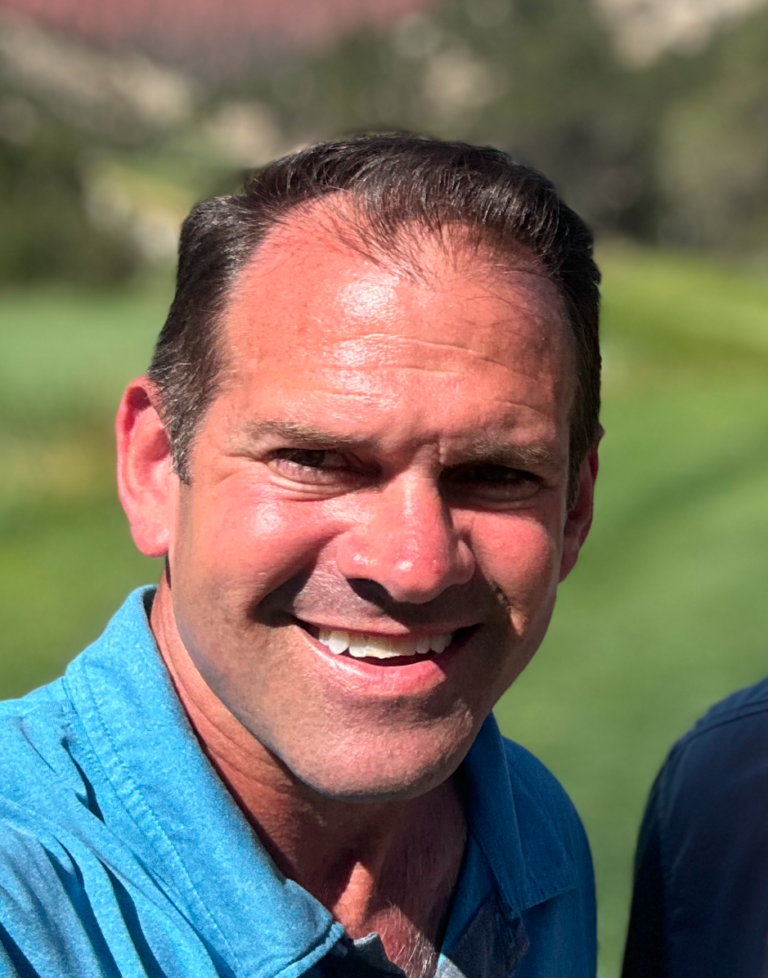Personalized Medicine and Cardiology: Dr. Ian Weisberg’s Vision for Tailored Heart Treatments
Personalized Medicine and Cardiology: Dr. Ian Weisberg’s Vision for Tailored Heart Treatments
Blog Article
Cardiology is on the edge of a scientific and medical innovation, with developments set to convert heart problems elimination, analysis, and treatment. Dr Ian Weisberg, a number one specialist in cardiac electrophysiology, anticipates many groundbreaking inventions that may redefine how we strategy center health.

1. AI-Powered Diagnostics and Predictive Medicine
Artificial Intelligence (AI) is already creating dunes in cardiology, but Dr. Weisberg feels their role will increase significantly. AI-driven ECG evaluation, unit understanding methods, and predictive designs enables health practitioners to identify cardiovascular disease dangers before indicators appear. That change toward preventive cardiology wil dramatically reduce crisis interventions and improve patient outcomes.
Furthermore, AI-assisted imaging will improve early detection of coronary artery disease, ensuring that individuals obtain therapy before a heart attack occurs.
2. Personalized Medication for Center Patients
Every heart is exclusive, and Dr. Weisberg envisions another wherever cardiology treatments are personalized to each patient's genetic profile. With developments in genomics and biomarker analysis, health practitioners will have the ability to prescribe very individualized medications, diets, and treatment programs that work most useful for an individual's aerobic health.
For example, gene treatment is featuring offer in managing learned center situations, perhaps treating genetic problems that cause heart disease.
3. Minimally Unpleasant Techniques May End up being the Norm
Standard open-heart procedures are gradually being replaced by minimally intrusive techniques. Dr. Weisberg foresees catheter-based techniques, robotic-assisted surgeries, and next-generation stents becoming better, faster, and more precise.
One significant development is bioresorbable stents, which melt obviously following healing the artery, eliminating long-term dangers associated with steel implants.
4. Distant Tracking and Wise Wearables
Smartwatches and AI-powered wellness trackers are getting important instruments for checking heart health in real time. Dr. Weisberg features the growing utilization of implantable units that will continuously monitor arrhythmias, blood force, and oxygen degrees, giving alerts directly to health practitioners when irregularities occur.
This technology allows people to get treatment without regular clinic trips, making cardiology more available and efficient.
5. Regenerative Medication and Base Cell Treatment

Dr. Weisberg predicts that stem cell treatment and structure design can perform an essential position in heart disease recovery. Researchers are exploring approaches to replenish damaged center tissue, possibly treating the consequences of heart disappointment and myocardial infarctions (heart attacks).
With continuous research, people may possibly soon take advantage of cell-based treatments that recover center function rather than just handling symptoms.
Conclusion: A New Era for Cardiac Care
Dr Ian Weisberg Niceville Florida's forecasts paint another where cardiovascular disease is detected earlier in the day, treated more efficiently, and also reversed applying sophisticated medical technologies. With improvements in AI, individualized medication, minimally invasive methods, remote monitoring, and regenerative treatments, the ongoing future of cardiology is lighter than ever.
Report this page